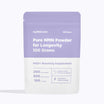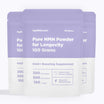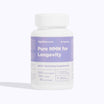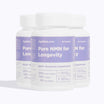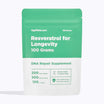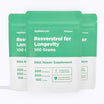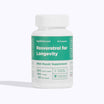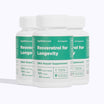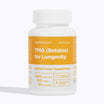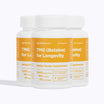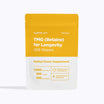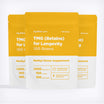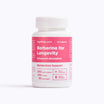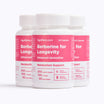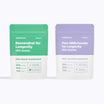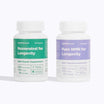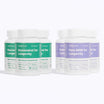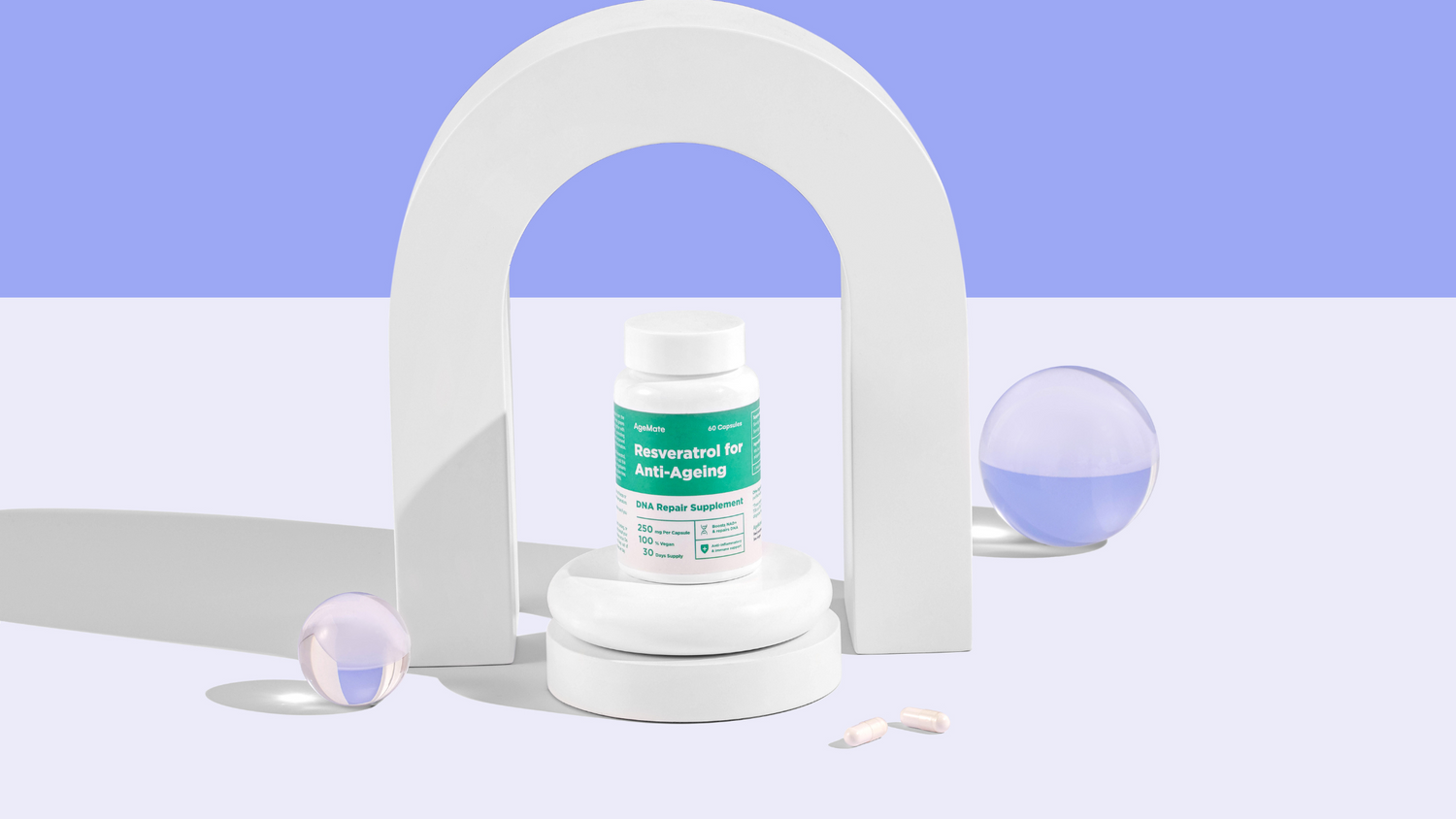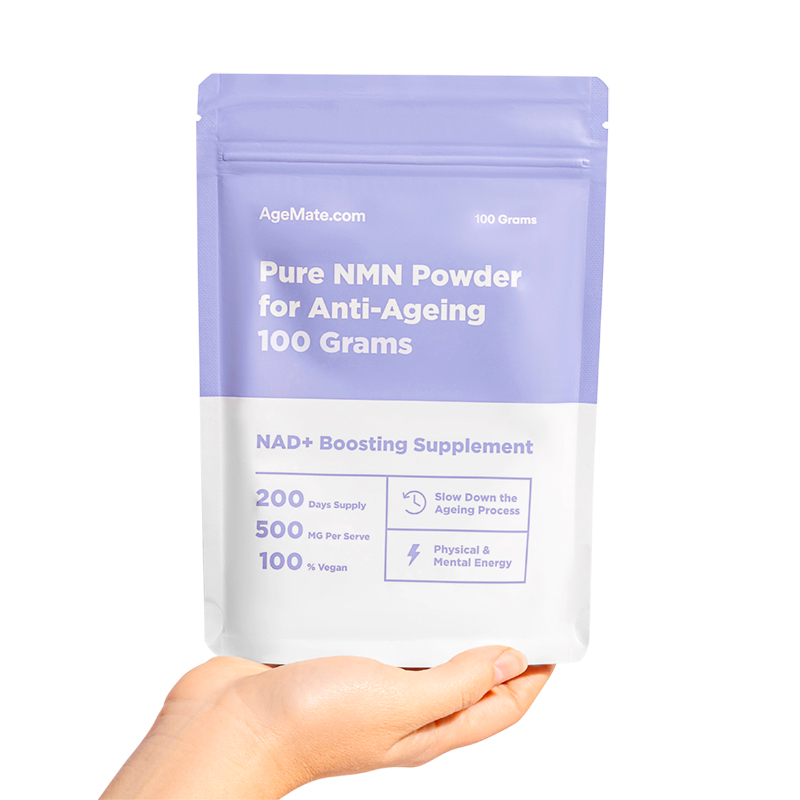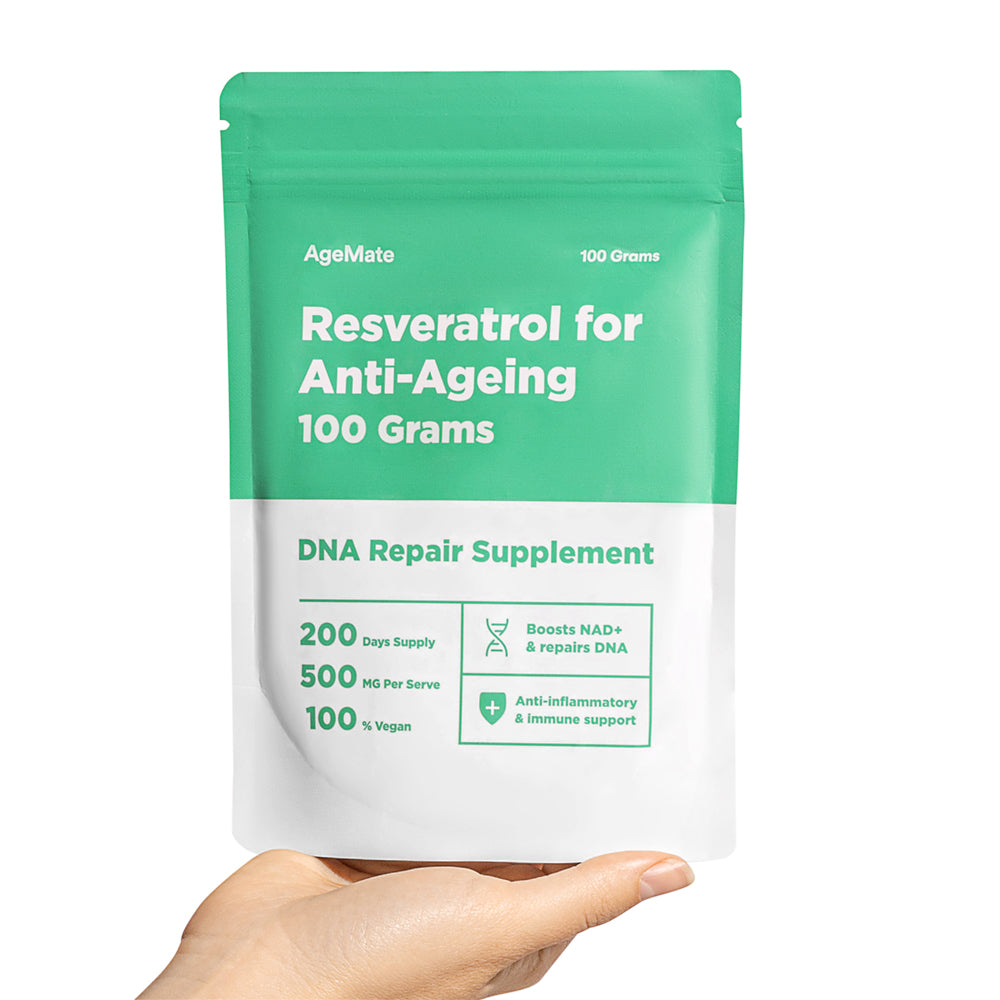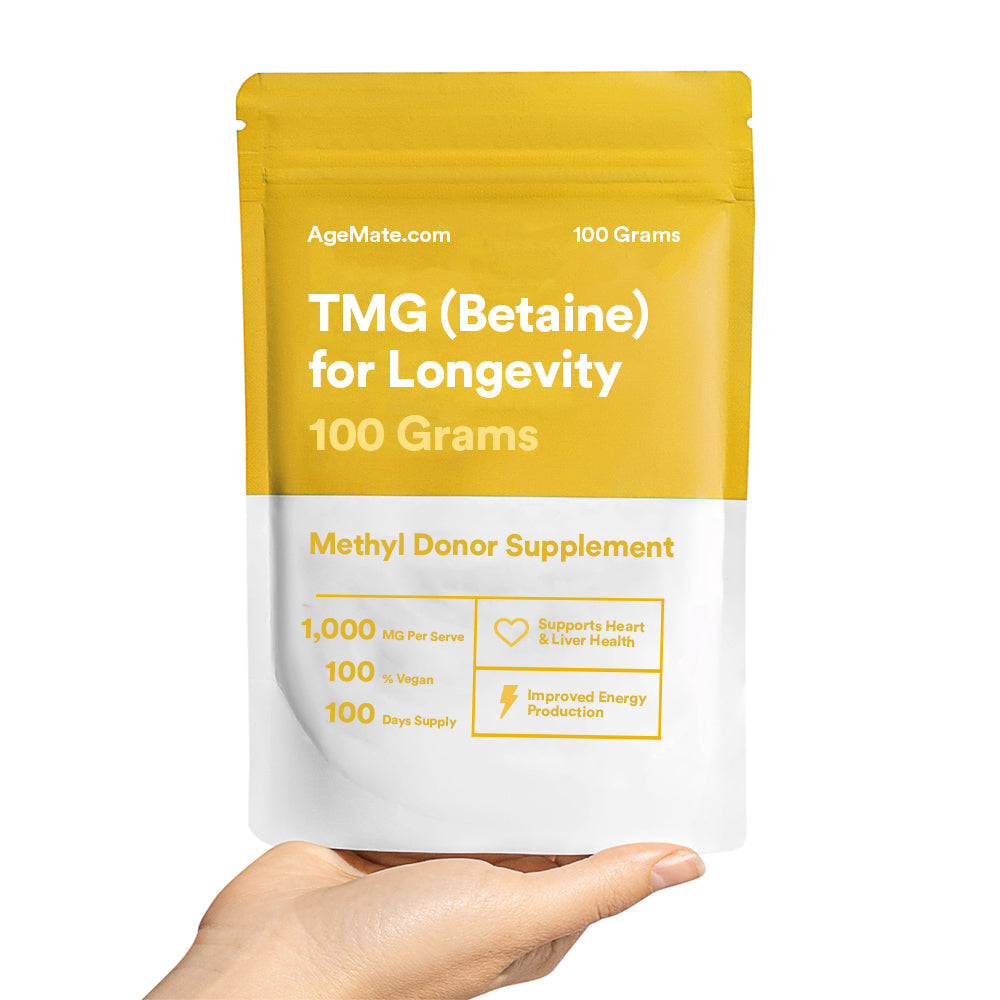In Australia, one in three adults has high cholesterol. As the search continues for natural ways to manage cholesterol levels and enhance heart health —resveratrol has sparked interest.
Resveratrol, found in red wine, grapes, berries, and peanuts, is celebrated for its antioxidant properties. But does it also have the power to lower cholesterol? Let’s delve into the current understanding of resveratrol’s effects on cholesterol and cardiovascular health.
What is Resveratrol?
Resveratrol is a polyphenolic compound known for its role as an antioxidant. Antioxidants help protect the body from damage caused by free radicals, which can contribute to chronic diseases, including heart disease. Resveratrol's potential cardiovascular benefits have led to numerous studies investigating its effects on health, especially concerning cholesterol management (R).
Resveratrol’s Impact on Cholesterol
Several studies suggest that resveratrol might positively affect cholesterol levels in a few ways:
Reducing LDL Cholesterol
Often referred to as "bad" cholesterol, high levels of low-density lipoprotein (LDL) cholesterol are linked to an increased risk of heart disease. Some studies have shown that resveratrol can lower LDL cholesterol, potentially by improving the body's ability to manage fats and cholesterol (R).
Increasing HDL Cholesterol
High-density lipoprotein (HDL) cholesterol is considered "good" cholesterol because it helps remove other forms of cholesterol from your bloodstream. Some research indicates that resveratrol can elevate HDL levels, contributing to a healthier cholesterol balance (R).
Antioxidant and Anti-inflammatory Effects
Beyond directly influencing cholesterol levels, resveratrol’s antioxidant and anti-inflammatory properties may also help reduce the risk of atherosclerosis (the buildup of fats, cholesterol, and other substances in and on the artery walls), partly driven by oxidative stress and inflammation (R).
Incorporating Resveratrol into Your Health Regimen
Before adding resveratrol to your cholesterol management routine, it's advisable to consult with a healthcare provider. They can offer guidance tailored to your specific health conditions and needs and ensure that resveratrol won’t interfere with any medications you may be taking.
Conclusion
Resveratrol holds potential as part of a heart-healthy lifestyle that could support cholesterol management. As with any supplement, it's best used as a complement to—not a replacement for—other proven cholesterol-lowering strategies such as a balanced diet, regular physical activity, and prescribed medications as needed. The journey to heart health is multifaceted, and resveratrol may play a role within a broader, holistic approach to cardiovascular wellness.
Explore 48 more ways you can improve your overall health in a holistic way →


